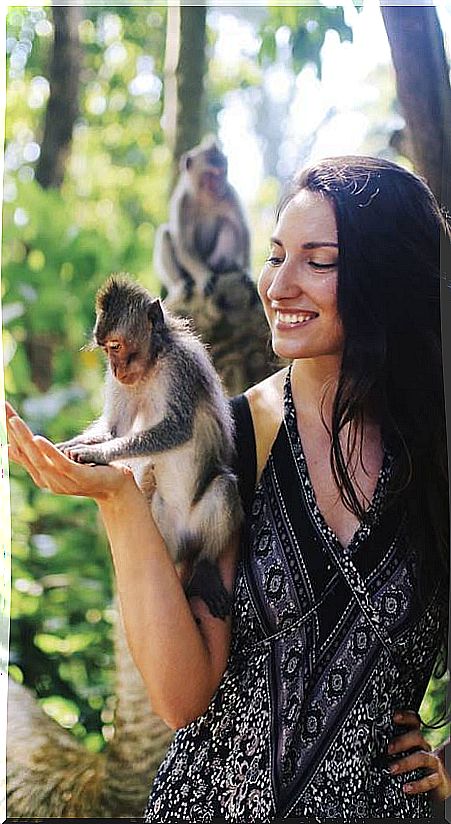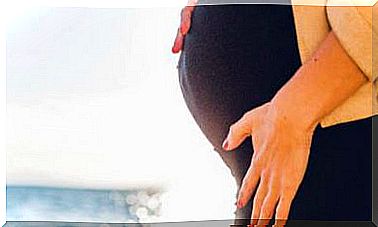Animals Are Worth More Than Your Selfies!
Many animals are exploited for tourists to take photos with them, sometimes even in so-called sanctuaries. Be suspicious!

Animals exploited to appear in the photos of tourists
In Africa, there are hundreds of centers that are dedicated to raising lions for tourists to take photos with. When the cubs grow up, they are destined for another tourist activity, in which the shots of rifles and shotguns replace those of the cameras. The lions, accustomed to contact with humans, are locked in small enclosures from which they cannot escape until the hunter ends his life. This practice is known as “canned game”.
In Asia, one of the best-known cases of abuse is that of the Tiger Temple, which closed in 2016 after years of countless complaints. This center, which was sold as a Buddhist temple, offered tours that included feeding, petting and taking photos with tiger cubs. Around 140 cats spent most of the day drugged and chained to receive daily visits from 800 tourists. Pressure from various organizations and the discovery of 40 frozen tiger cub bodies led the Thai authorities to close the enclosure. However, years later, the center reopened under another name.
Felines are not the only ones affected by the selfie fever and our eagerness to interact with wild animals. Elephants, dolphins or apes are other major victims.
Tips for an animal-friendly tourism
Even if we like animals a lot, or no matter how much we are in a place where we have a unique opportunity to see them live, we should first think about whether what we are doing is harmful to them. Here are some tips to travel more ethically and, if you love animals, make sure you don’t contribute to their suffering without being aware of it:
- Beware of false sanctuaries. Many of the centers that offer the possibility of taking photos with their captive animals are camouflaged under the name of sanctuaries, but they are far from being so.
- You should not interact with rescued wild animals. Wild animals, although bred in captivity, prefer the company of their kind to that of people. Even if the animals appear cared for and are in good health, it is best to be wary of any facility that offers to interact with your rescued animals. Feeding elephants, bathing with dolphins, taking photos with tigers, and petting lions are not practices that take place in true sanctuaries.
- Check that they do not raise or sell animals. Sanctuaries should also not buy or breed animals and should only accommodate rescued animals that have not been able to be rehabilitated and reinserted into their natural habitat whenever possible.
- Enjoy the animals respecting the distance. Although it may seem cute, we must remember that interaction with wild animals is not something that benefits them. We must learn to respect the natural behaviors of animals and enjoy them from a distance, contemplating their wild majesty without humanizing or denaturing them. Human beings need to learn to “love from afar” and to admire without possessing or touching. A handful of selfies do not deserve a life of confinement and suffering.
- If you want to know the local fauna, look for ethical alternatives. Observe the animals in the wild without invading their space. Be wary of animal sightings that guarantee you to see them up close. You can check which centers to visit on the FAADA Responsible Tourism website.
- Taking care of wild animals is also taking care of your home. Avoid single-use plastics, reduce the waste you generate and don’t throw anything on the ground. Bring your water bottle and set of cutlery and reusable straws.
- Prioritize a plant-based diet on your travels. In most of the world you have fruits, vegetables and legumes available. Also, apps like Happycow help you discover sites with plant-based options .









